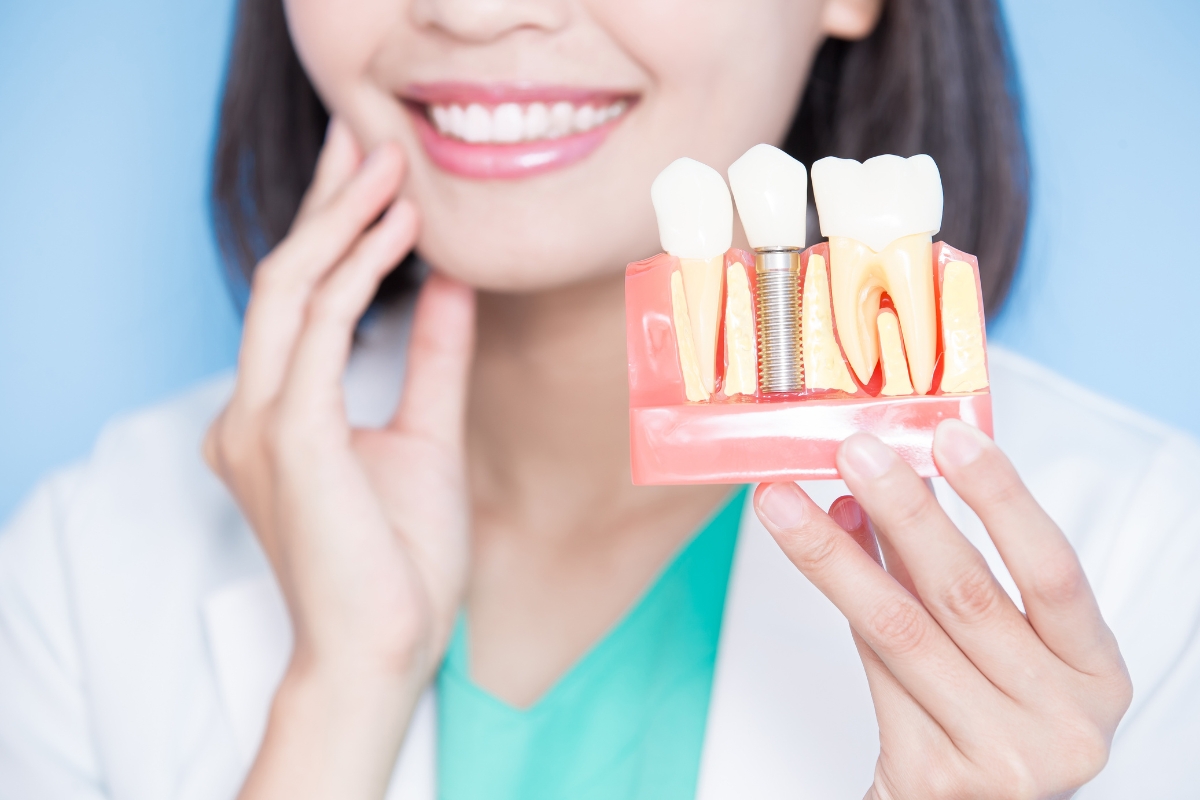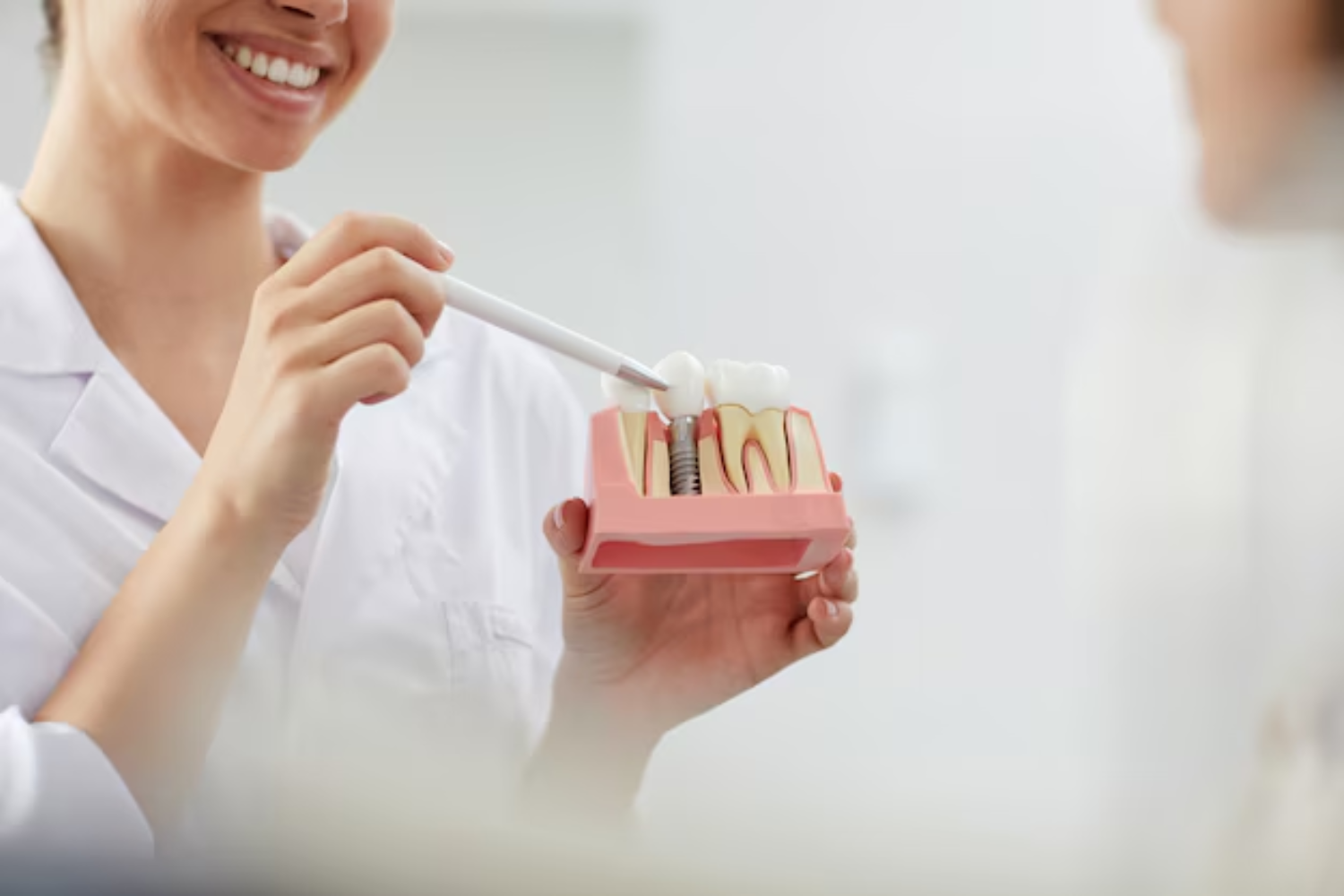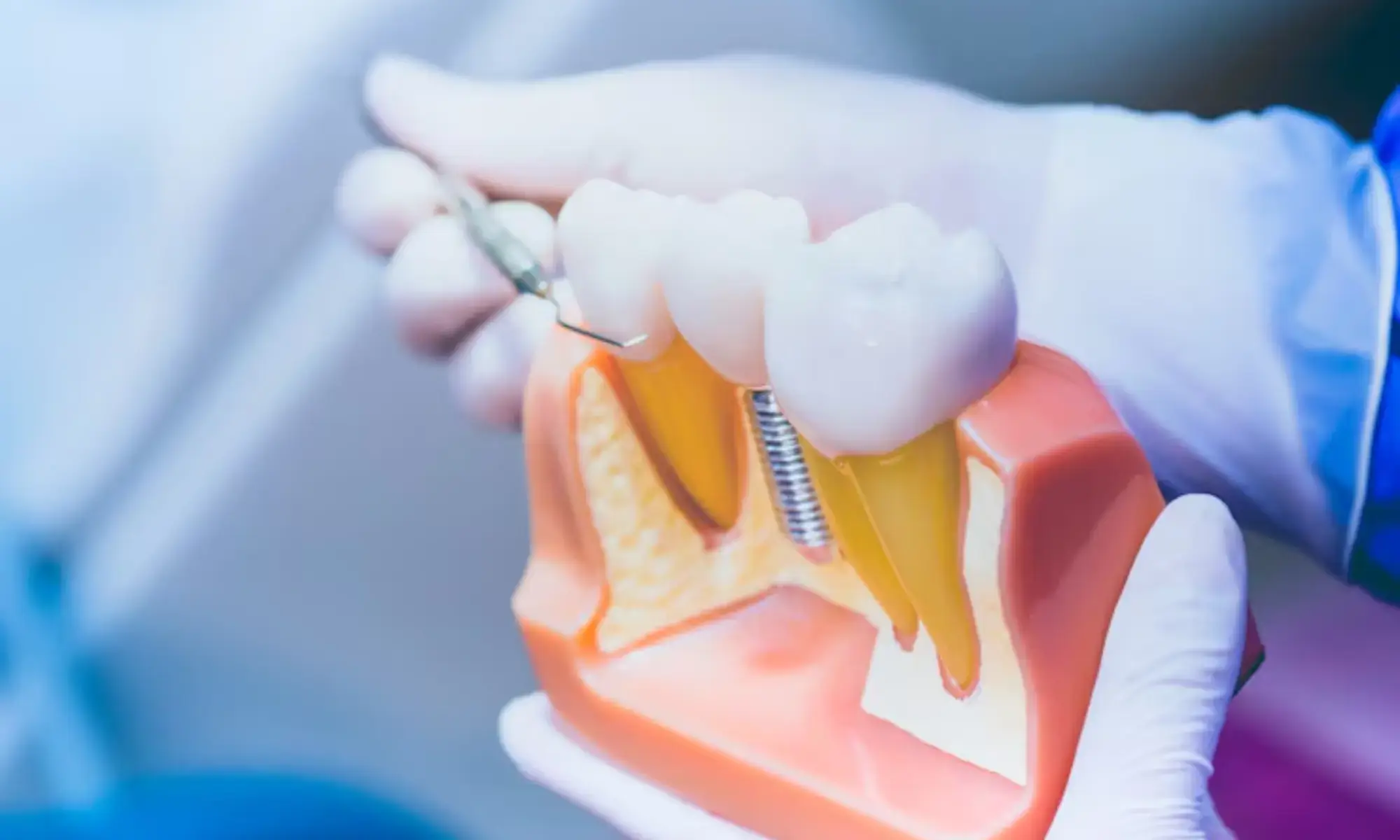Dental Implants And Diet: Foods To Avoid For Long-Lasting Success

Congratulations on your new dental implants! Dental implants are indeed a remarkable solution for replacing missing teeth and restoring your smile. However, the journey to achieving optimal oral health and ensuring the longevity of your dental implants involves more than just the procedure itself. It also requires careful consideration of your diet, especially during the crucial healing period and beyond.
In this comprehensive guide, we’ll delve into the foods you should avoid to promote successful integration and maintain the longevity of your dental implants. By steering clear of certain foods and making mindful dietary choices, you can safeguard your investment in your smile and enjoy the benefits of dental implants for years to come.
Understanding the Importance of Diet for Dental Implants
Before we delve into specific dietary recommendations, let’s first understand why diet matters when it comes to dental implants. Dental implants are artificial tooth roots that are surgically placed into the jawbone to support replacement teeth. During the healing process, which typically lasts several months, the implants undergo a process called osseointegration, where they fuse with the surrounding bone tissue. This integration is crucial for the stability and long-term success of the implants.
Diet plays a significant role in this process. Certain foods can either promote healing and support osseointegration or pose risks that may hinder the process or even cause damage to the implants. By being mindful of your dietary choices, you can optimize the healing process and maintain the integrity of your dental implants.
Foods to Avoid for Long-Lasting Success
- Hard and Crunchy Foods: Avoid hard and crunchy foods that can exert excessive pressure on your dental implants, potentially causing them to shift or become dislodged. This includes nuts, hard candies, ice cubes, and popcorn kernels. Opt for softer alternatives to avoid putting undue stress on your implants during the healing period.
- Sticky and Chewy Foods: Sticky and chewy foods can pose a risk of getting stuck between your teeth and around your dental implants, increasing the likelihood of plaque buildup and potential complications such as gum disease. Steer clear of items like caramel, taffy, gum, and chewy candies.
- Acidic Foods and Beverages: Acidic foods and beverages can erode tooth enamel and irritate the gums, potentially leading to inflammation and discomfort around your dental implants. Limit your consumption of acidic foods such as citrus fruits, tomatoes, vinegar-based dressings, and acidic drinks like soda and fruit juices. When you do indulge, rinse your mouth with water afterwards to help neutralize acidity.
- Hard or Chewy Bread: While bread may seem harmless, certain types, such as crusty bread or baguettes, can be tough to chew and may contain small seeds that can get lodged around your dental implants. Opt for softer varieties like sandwich bread or toast, and be mindful of removing any seeds before consuming.
- Excessive Sugary Foods: Excessive sugar consumption can contribute to bacterial growth and plaque formation, increasing the risk of gum disease and implant complications. Limit your intake of sugary snacks, desserts, and beverages, and prioritize oral hygiene practices such as brushing and flossing to maintain a healthy mouth environment.
- Hard or Sticky Candy: Hard candies and sticky sweets pose a double threat to dental implants. Not only can they exert pressure on the implants, but they can also adhere to them, creating a breeding ground for bacteria and increasing the risk of infection. Opt for sugar-free alternatives or indulge in moderation, being sure to clean your mouth thoroughly afterwards.
- Alcoholic Beverages: While an occasional glass of wine or beer may be acceptable, excessive alcohol consumption can have detrimental effects on oral health, including dry mouth, gum disease, and impaired healing. If you choose to drink alcohol, do so in moderation and be sure to stay hydrated by drinking plenty of water.

Tips for Maintaining Oral Health and Implant Success
In addition to avoiding the aforementioned foods, here are some general tips for maintaining oral health and ensuring the long-lasting success of your dental implants:
- Practice Good Oral Hygiene: Brush your teeth at least twice a day and floss daily to remove plaque and food particles from around your dental implants. Consider using a soft-bristled toothbrush and non-abrasive toothpaste to avoid damaging the implant or surrounding tissues.
- Attend Regular Dental Checkups: Schedule regular dental checkups and cleanings to monitor the health of your dental implants and address any issues or concerns promptly. Your dentist can provide personalized recommendations based on your specific oral health needs.
- Quit Smoking: Smoking can impair healing and increase the risk of implant failure and complications. If you smoke, consider quitting or reducing your tobacco use to support the long-term success of your dental implants and improve your overall health.
- Follow Post-Operative Instructions: Pay attention to any post-operative instructions provided by your dental implant surgeon and follow them closely. This may include dietary restrictions, oral hygiene guidelines, and recommendations for managing discomfort or swelling.
- Stay Hydrated: Drink plenty of water throughout the day to keep your mouth hydrated and facilitate saliva production, which helps cleanse the mouth and protect against bacteria and plaque buildup.
Your dental implants are a valuable investment in your oral health and overall well-being. By being mindful of your diet and making informed dietary choices, you can support the healing process, maintain the longevity of your implants, and enjoy a healthy and beautiful smile for years to come. Remember to avoid hard, sticky, and acidic foods, prioritize good oral hygiene practices, and follow your dentist’s recommendations for optimal implant success. With proper care and attention, your dental implants can provide you with a confident smile and improved quality of life for the long term.



